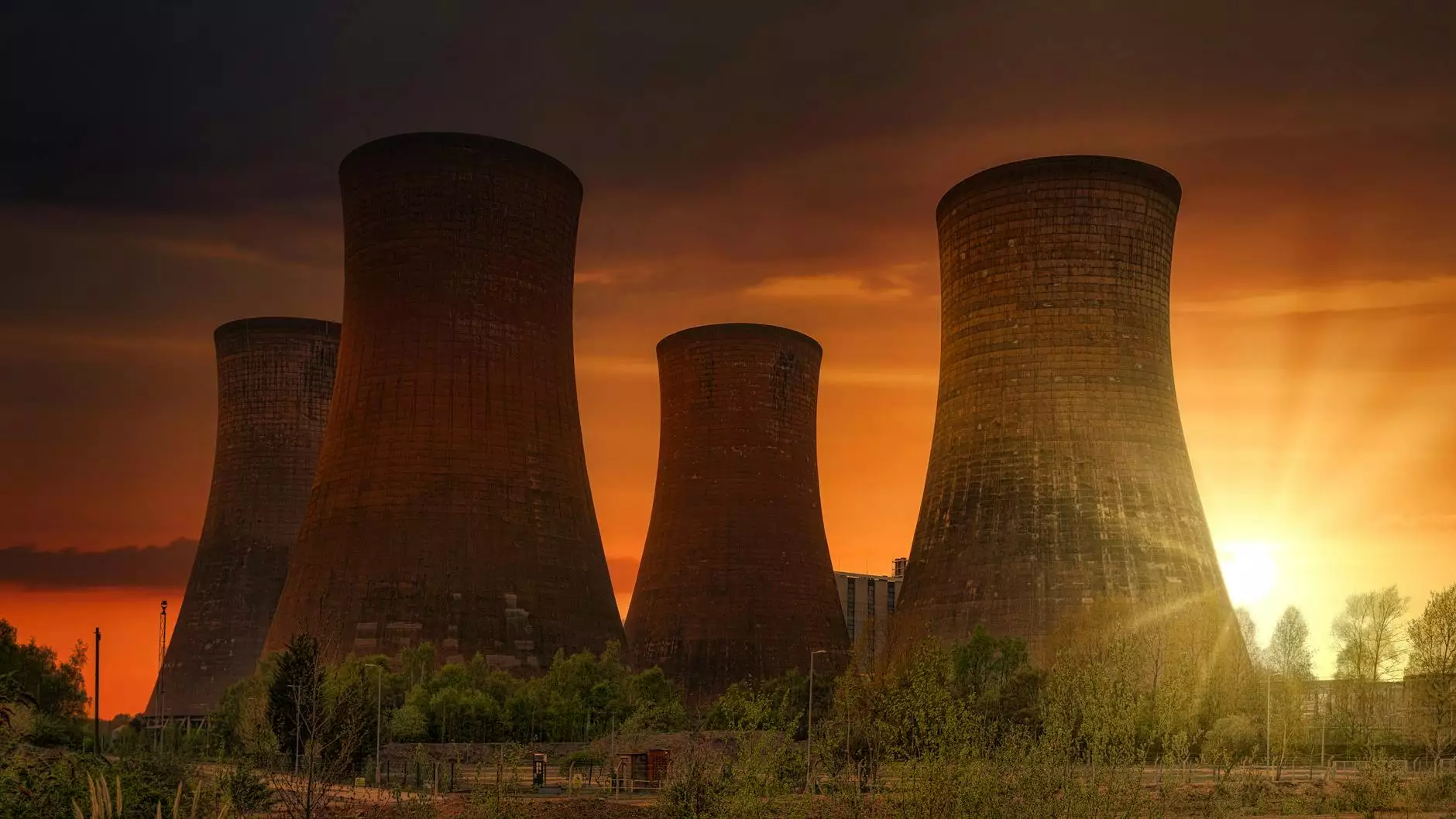The Pros and Cons of Nuclear Power in the Business World

In today's rapidly evolving business landscape, the energy sector plays a crucial role in the success and sustainability of enterprises around the globe. One of the key sources of energy that has sparked debates and discussions is nuclear power. In this article, we will delve into the pros and cons of nuclear power for businesses, exploring how this form of energy generation can impact operations, finances, and the environment.
Pros of Nuclear Power for Businesses
1. Reliable Source of Energy: Nuclear power plants provide a consistent and reliable source of energy, ensuring that businesses can operate seamlessly without worrying about fluctuations or shortages in power supply.
2. Low Operating Costs: While the initial setup costs for nuclear power plants can be high, the operational expenses are relatively low compared to other forms of energy generation. This can lead to cost savings for businesses in the long run.
3. Clean Energy Production: Nuclear power is considered a clean energy source as it does not produce greenhouse gas emissions during the power generation process. This can help businesses reduce their carbon footprint and contribute to sustainability initiatives.
4. Long-Term Energy Security: Investing in nuclear power can provide businesses with long-term energy security, ensuring a stable energy supply for years to come. This can mitigate risks associated with volatile energy markets.
Cons of Nuclear Power for Businesses
1. High Initial Investment: Building nuclear power plants requires significant capital investment, which can be a barrier for many businesses, especially small and medium-sized enterprises.
2. Safety Concerns: Nuclear power plants entail inherent risks related to accidents, radiation exposure, and nuclear waste disposal. Businesses operating near nuclear facilities may face safety concerns that can impact their operations and reputation.
3. Waste Management Challenges: Dealing with nuclear waste is a complex and costly process. Businesses using nuclear power need to adhere to strict regulations for waste disposal, which can add to operational expenses.
4. Public Perception: Nuclear power remains a divisive subject among the public, with concerns about the environmental and health risks associated with nuclear energy. Businesses aligned with nuclear power may face scrutiny from customers and stakeholders.
In Conclusion
While nuclear power offers several benefits for businesses in terms of reliability, cost-effectiveness, and clean energy production, it also comes with challenges related to safety, investment costs, waste management, and public perception. As businesses evaluate their energy needs and sustainability goals, weighing the pros and cons of nuclear power is essential to make informed decisions that align with their values and objectives.
At Our Power, we believe in providing businesses with comprehensive insights into different energy sources to empower them in making strategic choices for a sustainable future.



